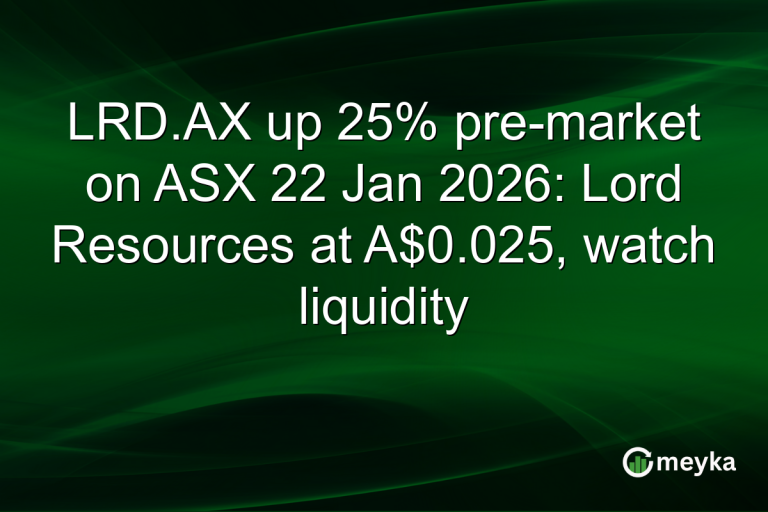Aussies Warned of Plunging EV Values, Some Cars Lose $26,500
Electric vehicles (EVs) are no longer just a futuristic concept; they’re here, and Australians are buying them in record numbers. In 2024, EVs made up 9.5% of all new car sales in Australia, a 150% increase from 2022. With government incentives and a growing network of charging stations, the shift towards EV values seems like a win for both the environment and our wallets.
But here’s the catch: many EV owners are facing a financial reality check. Recent data reveals that some electric cars are losing up to $26,500 in value within just two years. That’s a significant hit, especially when you consider that traditional petrol and diesel vehicles typically depreciate less over the same period.
So, what’s driving this steep decline in EV values? And what does it mean for current and prospective EV owners? Let’s check the factors behind this trend and explore how it impacts the future of electric mobility in Australia.
Overview of the Australian EV Market
Australia’s electric vehicle (EV) market has experienced significant growth in recent years. As of mid-2025, EVs accounted for 9% of all new vehicle sales, up from just 1% in 2022. This surge in adoption is driven by factors such as government incentives, increased availability of EV models, and growing environmental awareness among consumers.

The Australian government has set ambitious targets to accelerate the transition to electric mobility. The proposed fuel efficiency standards aim for all new cars to be electric by 2035, with expectations that EVs will comprise 50% of the market by 2029. These standards align with the objective to reduce carbon emissions significantly, avoiding nearly 100 million tonnes of CO2 by 2035.
Despite these positive developments, the resale value of EVs has become a growing concern among Australian consumers. Recent data reveals that some electric cars are losing up to $26,500 in value within just two years. This depreciation trend is causing potential buyers to reconsider their investment in EVs, as the financial implications become more apparent.
Depreciation Data and Market Trends
The depreciation rates of EVs in Australia have been notably higher compared to traditional internal combustion engine (ICE) vehicles. On average, EVs lose approximately 46.77% of their value over three years, while ICE vehicles depreciate by about 50.49% during the same period.
However, certain EV models have experienced even steeper declines in value. For instance, the Volvo C40 has depreciated by 60.71% in just three years, while the Tesla Model 3 has seen a 58.29% drop. Other models like the Audi E-Tron and BMW iX3 have also faced significant depreciation, with values decreasing by 59.30% and 59.14%, respectively.
These figures highlight the challenges associated with EV ownership, particularly concerning the long-term financial implications. The rapid depreciation of EVs raises questions about their true cost-effectiveness and the factors influencing their resale value.
Why EV Values are Dropping?
One reason EV values are dropping is technological change. New models with better features and longer ranges come out often. Older models look less appealing. This lowers demand and pushes resale prices down.
Battery degradation is another factor. Over time, an EV battery can lose power and range. Buyers worry about how long the battery will last. Replacing a battery can be very expensive. This makes used EVs less desirable.
Government incentives also affect resale values. The Australian government has spent $22 billion on EV subsidies. More new cars are coming into the market because of this. But more supply means used EVs lose value faster.
Consumer perception plays a role, too. Many people are unsure about EV reliability and costs. Range anxiety, charging stations, and maintenance worries make buyers hesitant. Lower demand for used EVs drives their resale prices down.
Impact on Consumers
The declining resale value of EVs has significant financial implications for consumers. Owners looking to sell or trade in their electric vehicles may find themselves facing substantial depreciation, resulting in financial losses. This situation is particularly concerning for individuals who purchased EVs with the expectation of retaining a higher resale value.
Moreover, the rapid depreciation of EVs can affect leasing decisions. Consumers who opt for leasing may experience higher monthly payments due to the anticipated decrease in the vehicle’s residual value. This financial burden can deter potential buyers from entering the EV market, hindering the widespread adoption of electric mobility.
The uncertainty surrounding EV resale values also impacts consumer confidence. As prospective buyers become more cautious about the long-term financial implications of owning an EV, the overall demand for electric vehicles may decline, affecting the growth trajectory of the EV market in Australia.
Expert Recommendations and Buyer Advice
One way to reduce losses from EV depreciation is to buy a used electric vehicle. Used EVs have already gone through the steepest drop in value. This can save buyers a lot of money. Before buying, it is important to check the battery and the overall condition of the car. A weak battery can cost thousands to replace.
Some EV models keep their value better than others. Doing research on these models can help buyers avoid big losses. Choosing a car with a strong resale history is a smart financial decision.
Battery health is very important for EVs. Cars with good batteries last longer and keep their value. There are tools and services that can check battery condition. These tools give buyers a clear idea of what they are purchasing.
Government incentives and subsidies also affect EV values. Knowing about these programs helps buyers make better choices. Changes in policies can create chances to get a good deal. Staying informed is key to smart EV buying.
Future Outlook for EV Values
Looking ahead, the future of EV resale values in Australia remains uncertain. Factors such as advancements in battery technology, changes in government policies, and shifts in consumer preferences will play pivotal roles in shaping the market.
The introduction of stricter emissions standards and increased availability of EV models may influence supply and demand dynamics, potentially impacting resale values. Additionally, improvements in battery technology could enhance the longevity and performance of EVs, addressing concerns related to depreciation.
As the EV market continues to evolve, consumers will need to stay informed and adapt to the changing landscape. By considering factors such as model selection, battery health, and government policies, prospective buyers can make decisions that align with their financial and environmental goals.
Final Words
In conclusion, while the adoption of electric vehicles in Australia is on the rise, the issue of declining resale values poses challenges for consumers. Understanding the factors contributing to depreciation and staying informed about market trends can help individuals make informed decisions when purchasing or selling EVs.
As the market matures, it is hoped that advancements in technology and supportive policies will lead to more stable resale values, fostering greater confidence in the transition to electric mobility.
Disclaimer: The above information is based on current market data, which is subject to change, and does not constitute financial advice. Always do your research.






